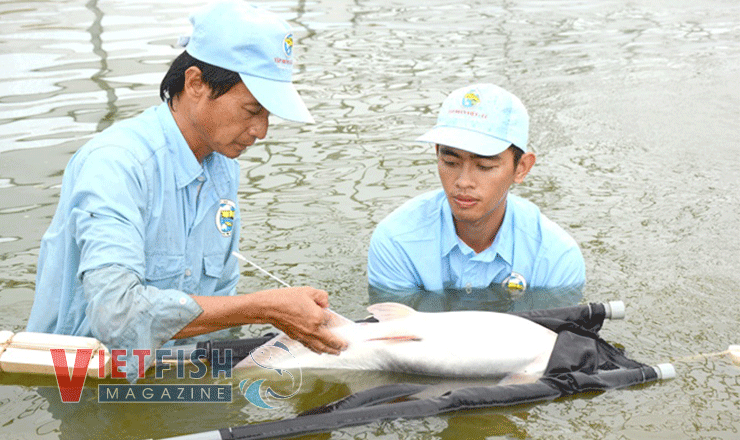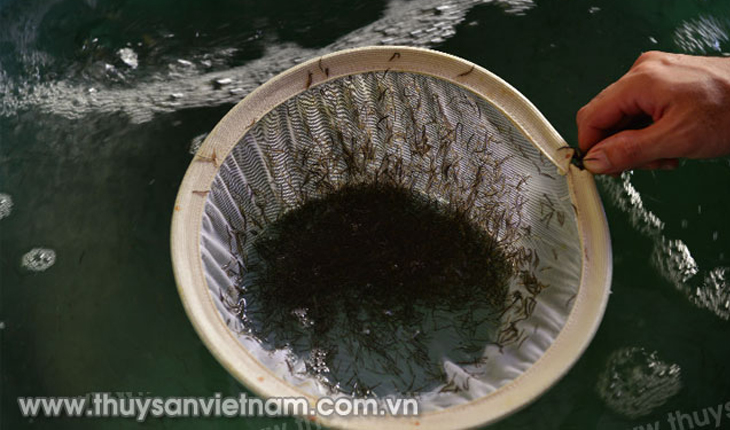Impossible to meet China’s regulations on F2 generation lobster seeds
“No Vietnamese farming facility produces or uses lobster seeds from F2 generation or higher, as per China’s regulations”, said Dang Van Vinh, Deputy Head of the Food Safety Division, National Agro-Forestry-Fisheries Quality Assurance Department (NAFIQPM, Ministry of Agriculture and Rural Development).
Vinh also mentioned that the penetration of some Vietnamese seafood products into the Chinese market is currently facing several challenges, such as:
The processing and approval of registration documents, updating facility information, and resolving technical issues on the China Import Food Enterprise Registration (CIFER) system by the General Administration of Customs of China are often delayed.
China also responds slowly to supplementary registration documents for products permitted for export to China (especially the case for salted jellyfish products, which were submitted in October 2022 but have yet to receive any feedback from China), and Vietnam’s reports explaining about their shipments.
Specifically for spiny lobster, Vinh noted that from February 1, 2021, China classified this species as endangered and included it in Category II of their endangered species list.
In May 2023, China amended its Wildlife Protection Law, prohibiting the capture of animals listed as endangered from 2021. This includes:
- Natural spiny lobster: Prohibited from being caught, used, or traded.
- Farmed spiny lobster imported into China as food must meet specific regulations: They must not be directly caught from the sea, documentation of the farming process must be available, and seeds are not sourced from the wild (the seeds must be F2 generation).
“Currently, 100% of spiny lobster seeds farmed in Vietnam originate from the wild. According to China’s regulations, no farming facility in Vietnam produces or uses seeds from F2 generation or higher, making it impossible to meet China’s requirements for lobster seeds,” emphasized Vinh.
VFM






